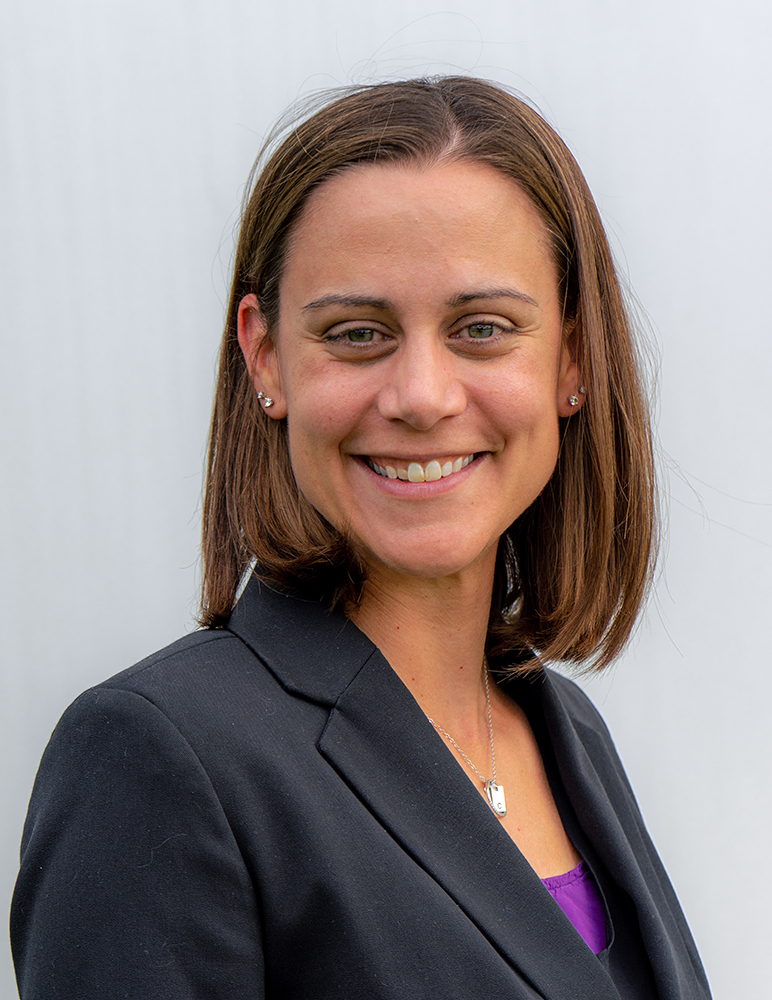

Objectives
Whether your ultimate goal is an academic research career, primarily clinical practice, or somewhere on the intermediate spectrum, we know that research experience benefits our fellows. A well-crafted research plan creates multiple opportunities for fellows to develop a rigorous thought process as well as to perfect academic skills, including:
- Problem solving
- Interpretation of data
- Presentation of that data at national scientific meetings
- Manuscript preparation
This process will give the fellow an understanding of scholarly activities that can be applied to interpreting as well as producing scholarly work products, regardless of whether it is in the clinical or basic research arena. This understanding will stay with the fellow throughout their career.
Research Mentors
Before the first year fellow begins the program, we encourage a visit (at our expense) to interview with a number of potential research mentors.
Identifying a research mentor early allows fellows to discuss appropriate projects and review background materials needed to understand the research area.
For those fellows who are undecided, we offer the opportunity, during the first six weeks of the fellowship, to spend some time working with potential mentors.
Research Pathways
In addition to the Core Curriculum for all fellows, a fellow will be enrolled in didactic courses, depending upon the research pathway chosen:
- The laboratory pathway includes a basic science interest series.
- The clinical/translational pathway can lead to a Master's degree in clinical research.
- The quality assurance pathway can lead to a certificate program taught by one of the nation's most respected experts in quality assurance.
The program director and fellow's individual Scholarly Oversight Committee will carefully monitor and review the fellow's research progress to ensure that the fellow's tenure in the program is productive.
Clinical Experience
The clinical responsibilities of our fellows change over the three years of fellowship, with emphasis on increasing clinical independence.
Each fellow receives a broad experience in neonatology - from the complementary clinical range of the neonatal intensive care units at the University of Utah and Intermountain Medical Center (primarily inborn neonates) to Primary Children's Hospital (PCH) (out-born neonates with complex problems requiring multi-specialty care).
Fellows are also expected to attend a variety of clinically-oriented conferences. "Walk" rounds are held each week, where neonatology faculty and fellows review interesting and unusual cases.
Immediately following this conference, we meet for a weekly one-hour clinically-oriented didactic session. Conference topics provide a thorough review of all important areas of neonatology over each three-year cycle. These two conferences are directed toward the fellow's education.
Each month, fellows attend a perinatology conference that reviews high-risk pregnancies. The fellows also participate in a monthly clinically-orientated journal club.
In addition, fellows attend:
- A weekly case review session and physiology review
- A quarterly neonatology-pediatric surgery case conference
- Other meetings and courses deemed appropriate
Program Director

CARRIE TORR, MD
Contact Us
Program Coordinator
Angie Horne
Email: angie.horne@hsc.utah.edu